To help Aboriginal and Torres Strait Islander corporations understand what Data Sovereignty means and why it matters...
KARI Aboriginal Resources Inc.

The benefits of a diverse and skilled board
KARI is a vibrant Aboriginal community non-for profit organisation based in Liverpool, NSW. KARI provides an Out of Home Care (foster care) service for the Aboriginal community as well as a number of early intervention, prevention and cultural community programs aimed at supporting the Aboriginal population across Sydney and some outer regions.
KARI is governed by a Board of Management consisting of Aboriginal and non-Aboriginal people, invited because of their expertise, knowledge and skills. Members are selected because of their skillset and the value they bring to KARI. Selection criteria focuses around an understanding of finance and business development, which KARI believe are essential attributes for a governing body. Equally as important is the relationships each member has with their local communities as KARI was born out of community demand and a need for cultural inclusion. Furthermore, Board members are assessed for the specific skillset they bring to the table and how it fits within the existing group, which KARI believes provides for a diverse skillset and range of expertise when making decisions.

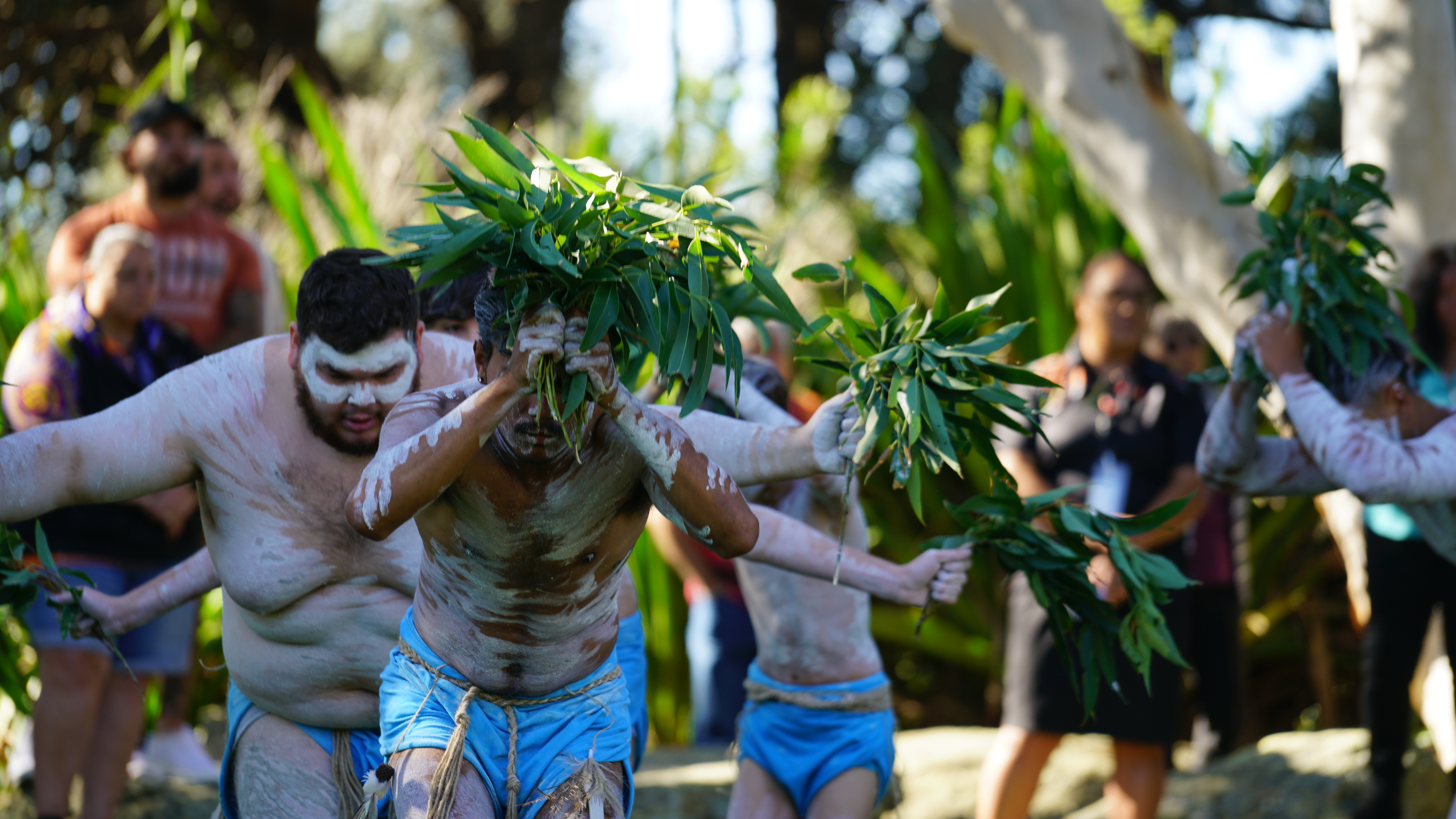
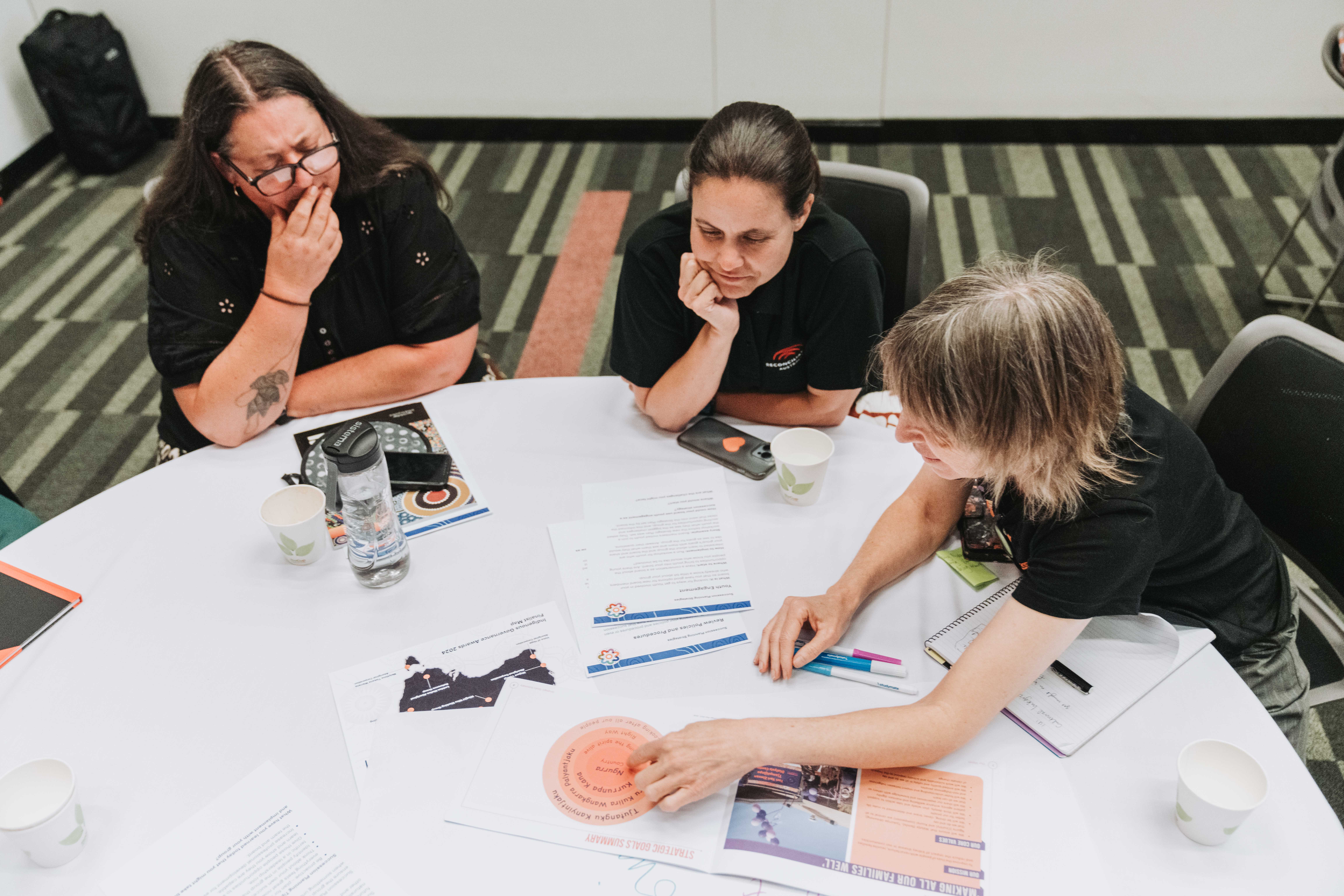
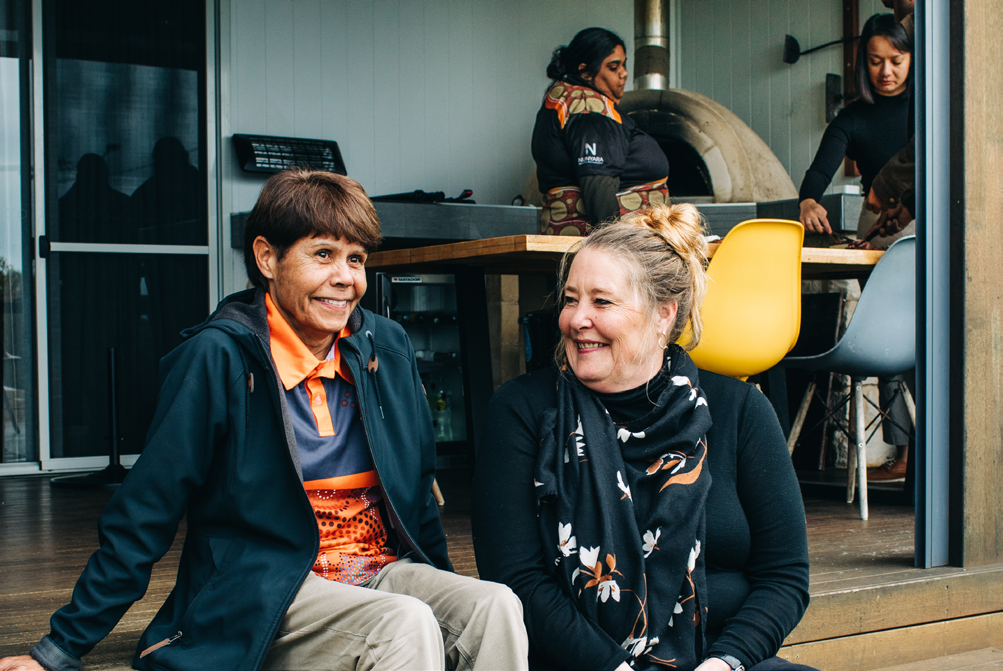


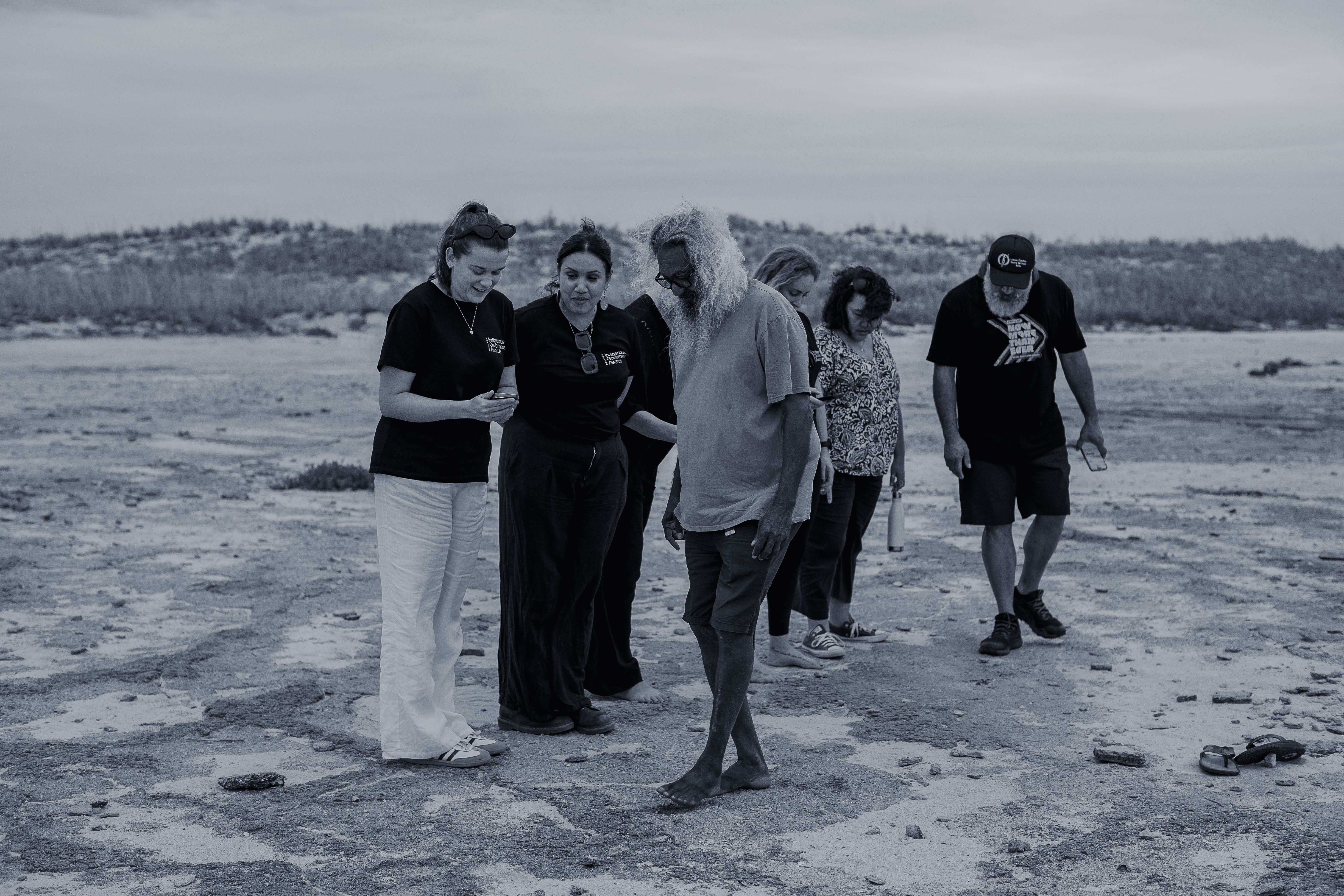



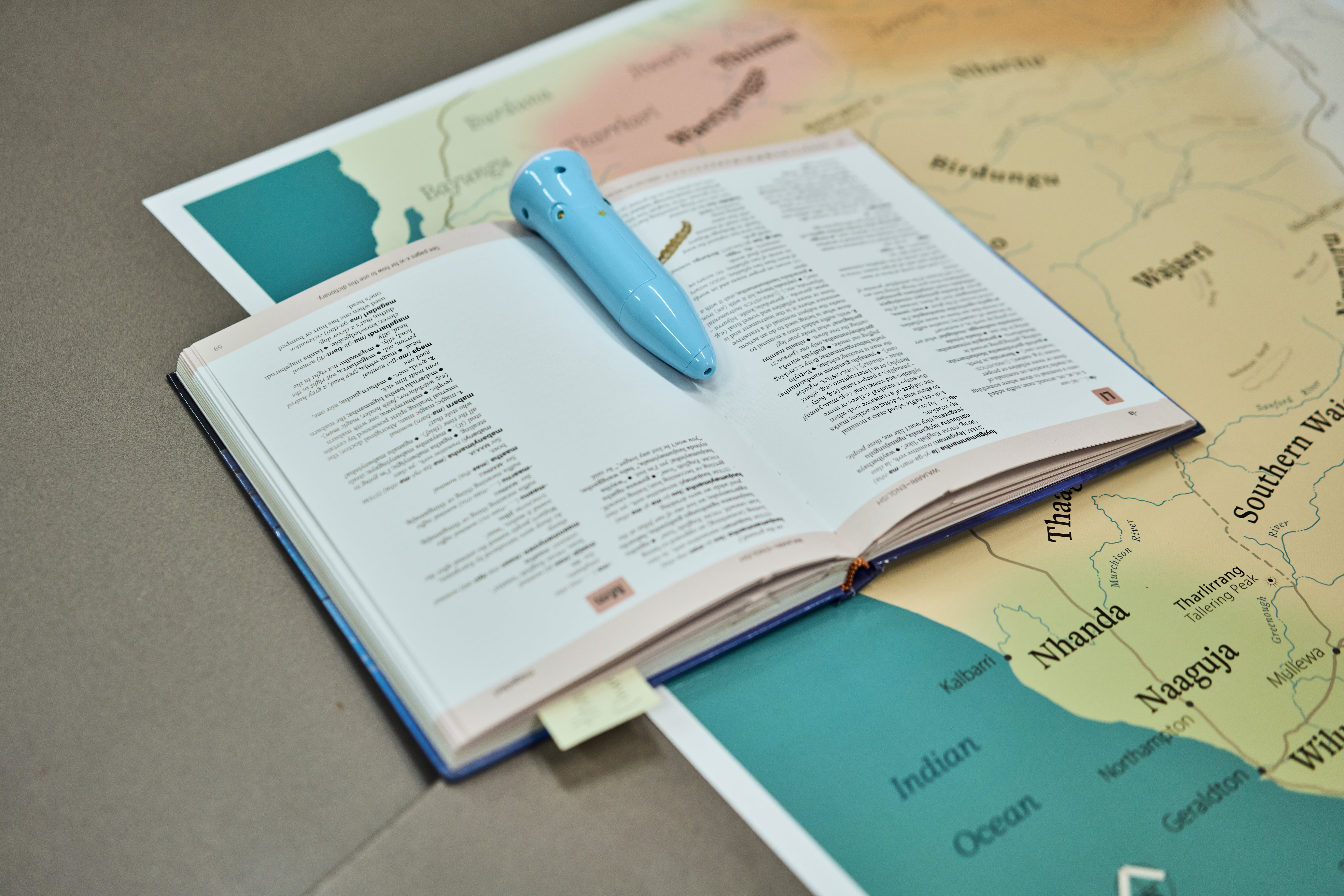

.png)

